We don’t wade into pandemic talk too often here at AirlineReporter. This place is our escape from pandemic-related troubles, and we hope it is for you all too. But every once in a while our radar picks up a news update that’s hard to ignore.
United made big waves last year by being the largest major airline to mandate vaccination for all its employees. My day job as a hospital-based medical resident in New York City has shown me firsthand how powerful vaccination can be in saving lives. So consider me very pro-vaccination. Still I imagine it isn’t easy for leaders of large organizations to impose mandates, even when they’re confident it’s the right thing to do.
Earlier this month United CEO Scott Kirby published a letter to United employees for the New Year. In it, he mentioned that thanks in large part to the vaccine mandate, the company has zero employees admitted to a hospital with COVID, despite 3,000 employees currently positive for the virus. That was compared to the pre-mandate days, when more than one employee a week was dying, not to mention the others who were in the hospital with severe infections. It’s a huge win for employees’ health, and also for the airline’s passengers in terms of reduction in viral exposure.
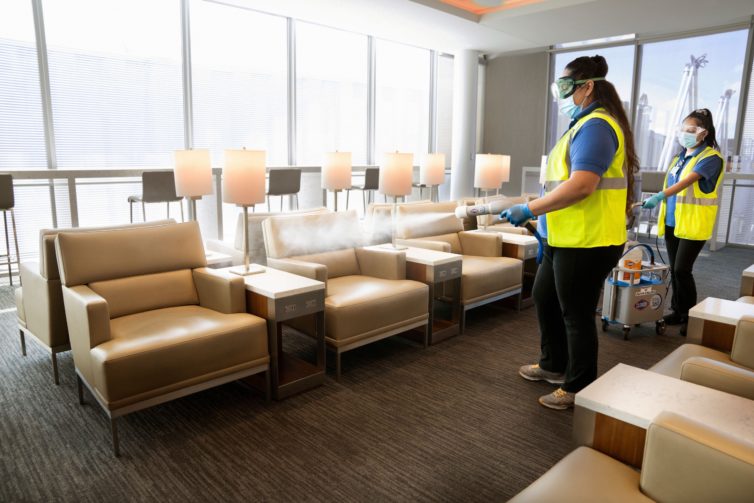
Plastering chairs with bleach may help fight COVID a bit … but vaccination helps more – Photo: United CleanPlus
I can’t imagine a more powerful data point to support vaccination in the air travel workforce. As someone who has seen a lot of people die of the virus right in front of me, I’m grateful to United and any other airline that makes bold choices for the sake of health and safety. And my particular thanks to the airline employees and other workers getting vaccinated and keeping our air travel infrastructure going during these crazy times. Hopefully thanks to public health measures like vaccination, I’m more likely to see you in the skies than in my hospital.
We welcome you to share thoughts in the comments section below. Please keep things civil. Debate about employee vaccination mandates is reasonable as part of a free discourse, but do not post frank pseudoscience.
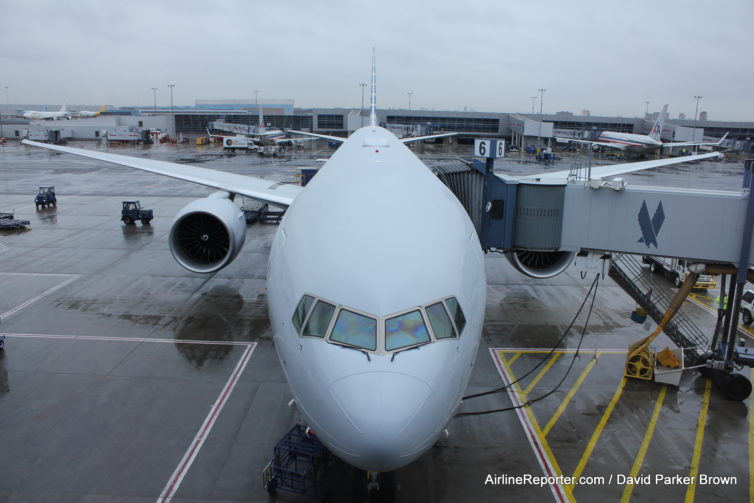
I want to fly, but I just wouldn’t do it right now
There are many people right now questioning if it is safe to fly. It is a valid question, but I do not have the answer. For me personally, I have decided not to fly and I probably won’t be in the air for quite some time. Let me share some of my thoughts about the current situation, explain why I am not ready, and provide some advice for those who end up flying.
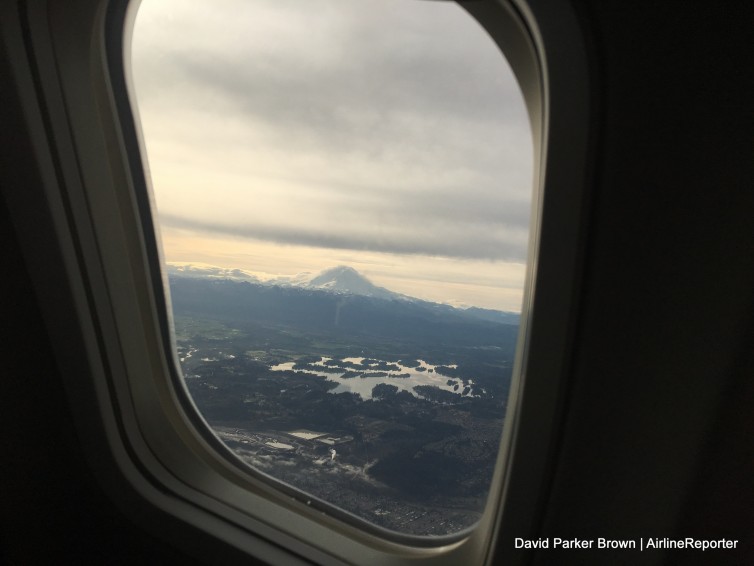
I miss seeing Mount Rainier from the air!
I love the airline business and it has pained me to watch the industry suffer. Hearing about the financial losses and seeing aircraft lined up in the desert is one thing, but employees losing their jobs is devastating.
For the most part, I think airlines and their employees have done an amazing job tackling this unprecedented situation. They have kept passengers informed on new safety procedures and have promoted the quality of the cabin air. No question this builds trust.
I am less worried about the airlines, but more concerned about the uptick in COVID, the other aspects of traveling, and most importantly: other passengers.
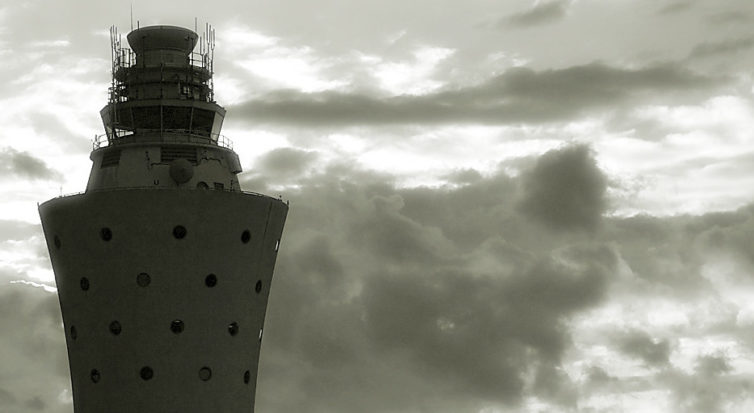
LaGuardia International Airport (LGA) – Photo: Timothy Vogel | FlickrCC
Two things unite all of us on the AirlineReporter team: (1) we all LOVE flying, and (2) we all have other day jobs. I started writing for this website a few years ago as a medical student in California. And once I graduated I moved to New York City to start residency … just in time for COVID to hit. Yikes.
The reality in COVID-hit cities has been covered plenty in the news so I don’t need to describe it here. Except to confirm from firsthand experience that — despite hospitals’/doctors’/nurses’ best efforts — it was as horrific and chaotic as you heard. A lot of people got really sick. A lot of people died. And a lot of people who got better have complications that will affect them for the rest of their lives.
It’s hard for anyone to set a passion or hobby aside. Even with everything I’ve seen, I still miss flying like crazy. I’m guessing it’s the same way for many of you. And even during peak pandemic there may be rare reasons when you absolutely have to fly. If you do, please do so safely.
But for those of you who are able to pause plans for avoidable travel, know that you’re making a huge difference. Air travel can help pandemics leapfrog around the world. And despite airlines’ admirable efforts to keep things clean, the inside of a compact fuselage is an extremely high-risk space to catch a virus like COVID-19.
I live under the approach to runway 13 at LaGuardia and it’s sad to see fewer planes in the sky than I used to. But I also see far fewer COVID cases in the hospital than a few months ago. And while social distancing and masks are responsible for the lion’s share of that change, people reducing their avoidable air travel helped.
So here’s a quick but heartfelt thank you for doing what you can to keep yourselves, your loved ones, and your communities safe. As a nation we’ll need to help the aviation industry stay afloat during this tough time. But take it from me: right now, staying on the ground whenever you can — even as an AvGeek — is 100% the right call.
If you live anywhere in the South, you’ve likely heard the old joke that says “whenever someone dies, they don’t go to heaven (or that other place), without connecting in Atlanta!”
Having spent 14 years living in various southern cities and connected through Atlanta more times than I care to remember, there’s no doubt the scene at Hartsfield-Jackson International Airport (ATL) the other weekend is one that won’t soon be forgotten.
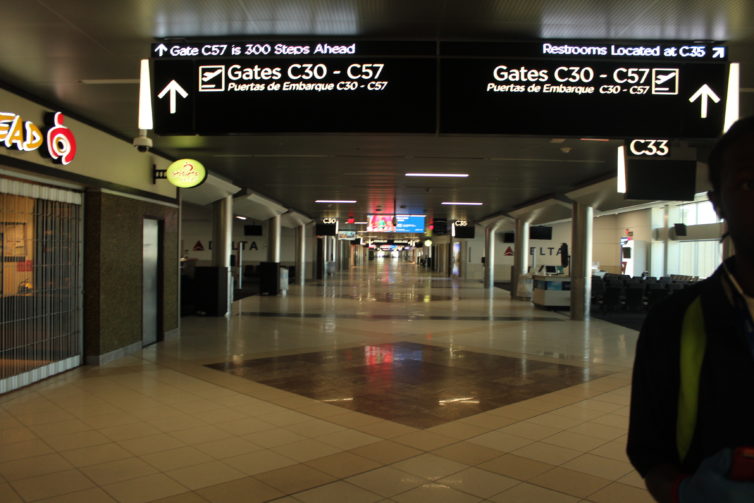
A peak into an empty “C” gates at ATL, thanks to an airport worker who allowed this pic while the door for employees was open.
Recently, I needed to take a number of flights for family reasons, and in the current coronavirus climate, I wasn’t sure what to expect. My adventure took me through one Delta mega-hub (Atlanta ATL) to another (Minneapolis MSP), where typically the flights would be full. However, this time they were only about 25 percent occupied. The ATL to MSP flight, usually an A321 or 757, had been replaced by a smaller 737-800.
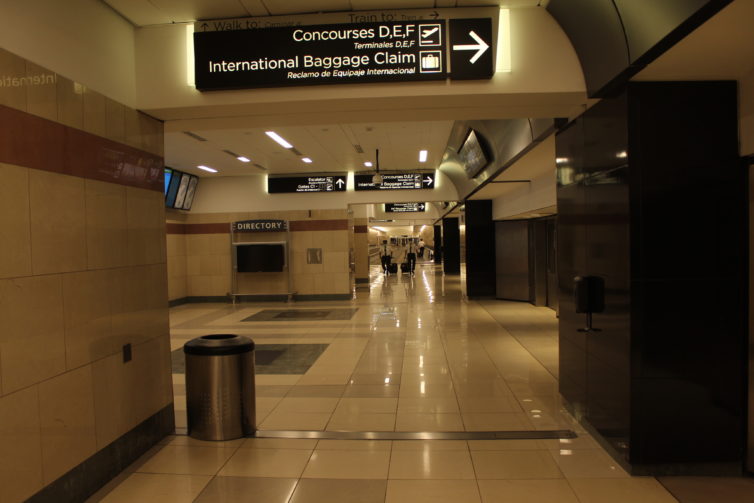
No passengers and just 2 pilots occupy the “Plane Train” level at ATL below the C gates.
Atlanta currently has multiple concourses closed with fully sheetrocked walls and security doors to allow only airport and airline staff to enter. The ’œC’ and ’œE’ terminals were just empty shells. TV screens packed with flight info now had just a couple active monitors.
BONUS: Feeling the impact of COVID-19 on the US Commercial Airline Industry
The food court in the E terminal had just one restaurant open: McDonald’s. They were so happy to see anyone that they gave me 10% off my McDouble — that 20 cents will go far someday, I just know it! You know it’s bad when even airport concessions start discounting prices.
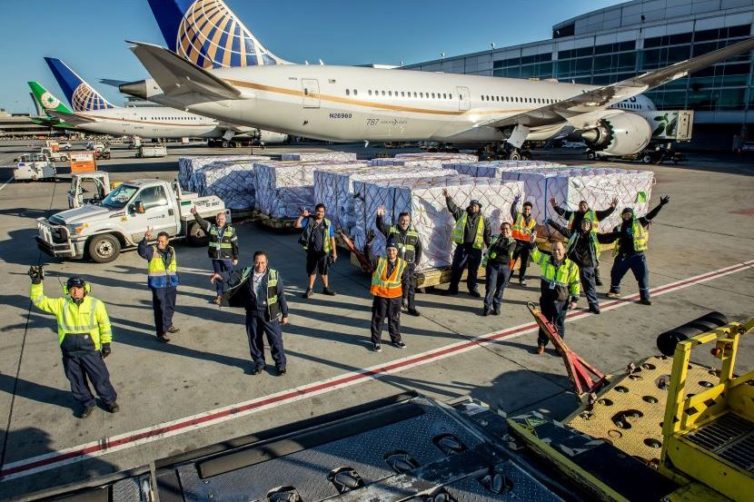
United and Flexport covid collaboration
In just a few weeks, because of a lethal invisible enemy, all the world’s airlines and aircraft manufacturers have abruptly gone from the best of times to the worst of times. This devastating free fall is the worst in the history of the industry. The culprit, Covid-19, has not only nearly paralyzed the world’s economy but has bought the industry to its knees with a near shutdown situation. Indeed, airlines were the first to be afflicted so severely.
The words ’œgood news’ and ’œaviation’ now don’t ever appear in the same sentence or even story. But there is good news to report in this Aviation Airpocalypse. In the spirit of the AirlineReporter brand, we’re going to focus on the positive and in many case life-saving efforts airlines and airframers, are making even as they fight for their own very survival.
The worst of times bring out the best in people. And in this dire time, airlines are no exception. Even with much of the country shut down, airline, airport employees, and many from the supporting industries are classified as essential employees in a necessary business, continuing to provide vital air services: Repatriation and humanitarian flights bringing people home to their own coupled with transporting essential cargo.
They do this while putting themselves at risk of becoming infected by the virus. Many consider them second responders, and due to their medical training some flight and cabin crew have become first responders. For that, we owe them a tremendous debt of gratitude. It’s no exaggeration to call them heroes too, even as they face an uncertain future.
Here’s a roundup of what these companies powered by the human beings who work for them are doing to give back in this global time of war.
And at the end of this story, I let you know how you can also help make a real change!






